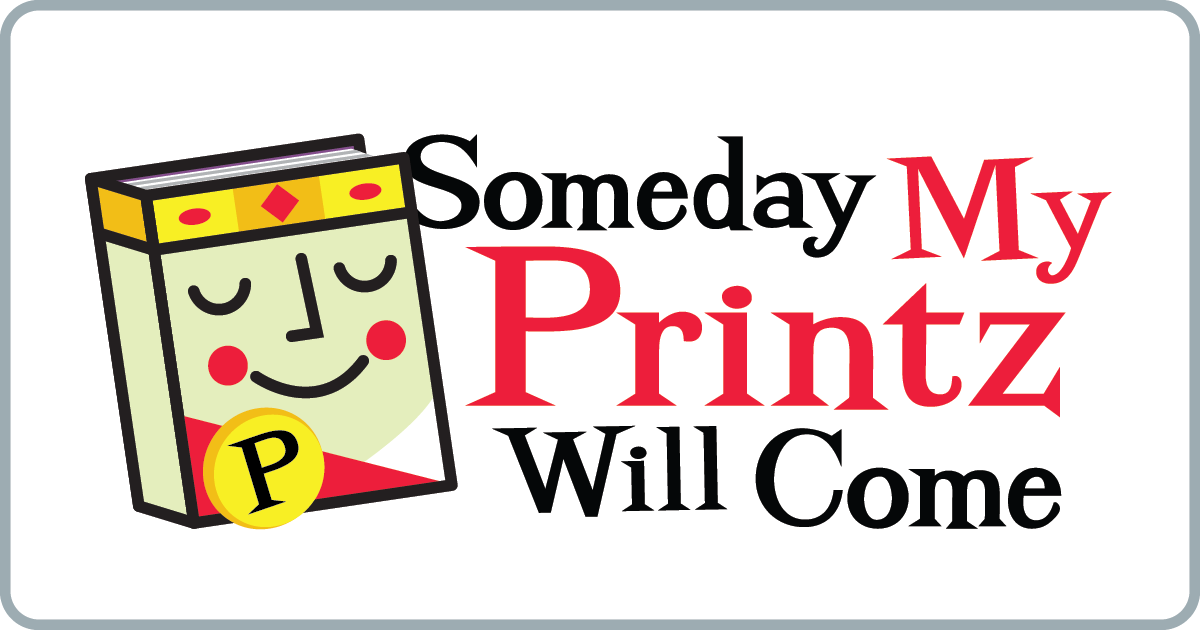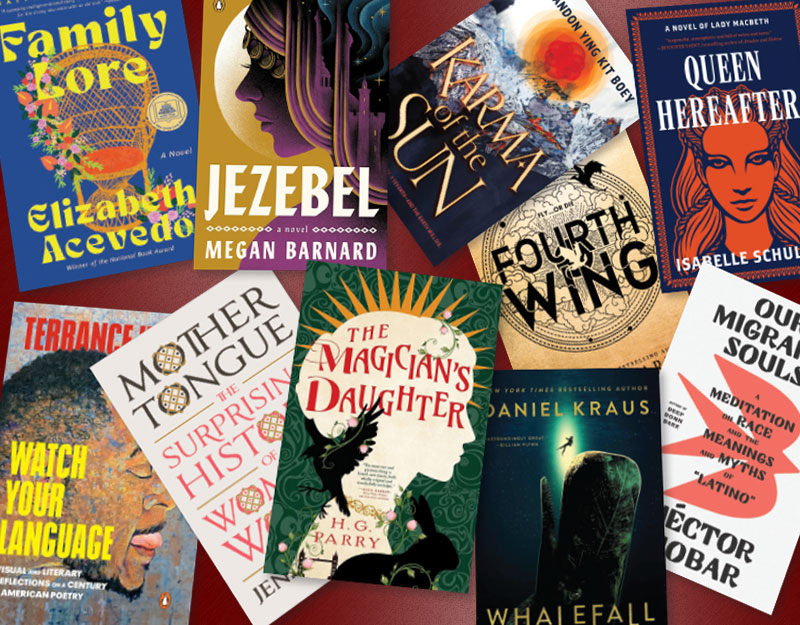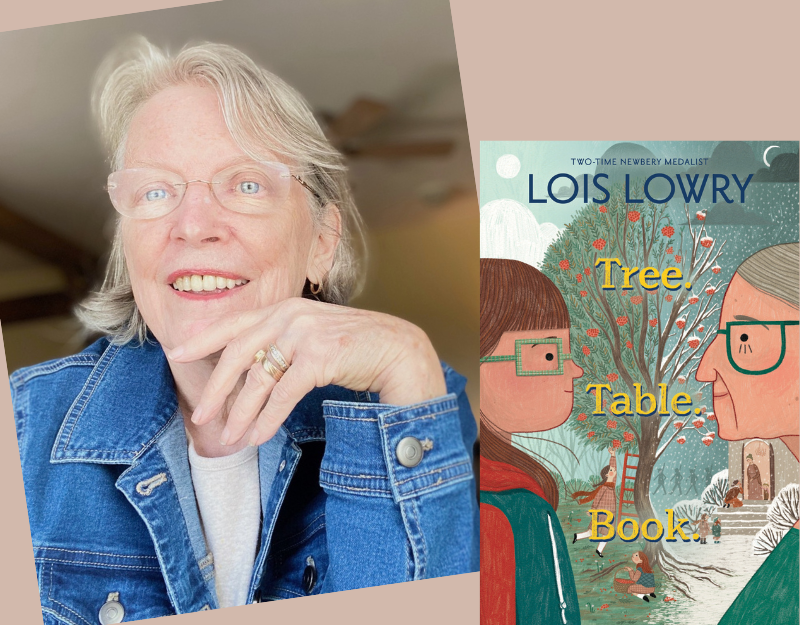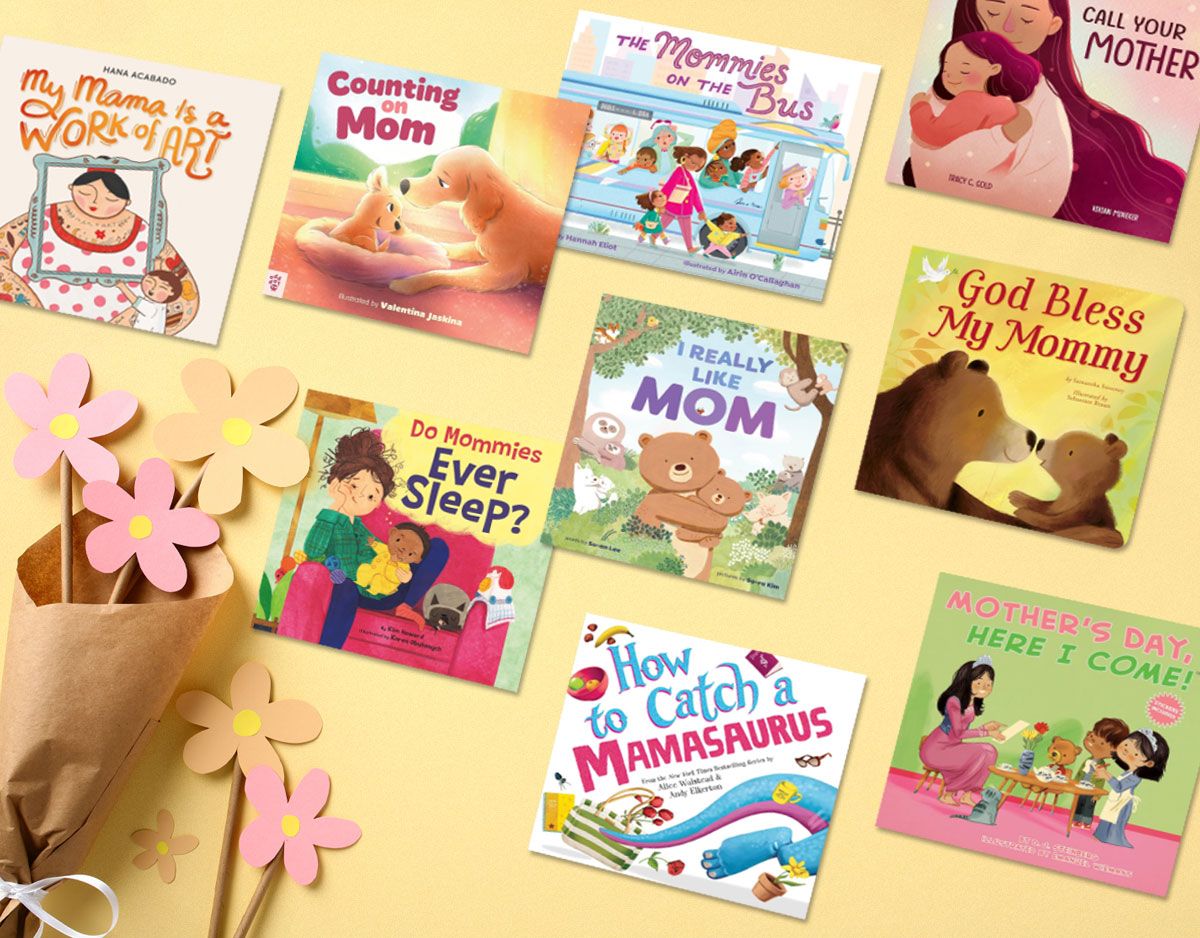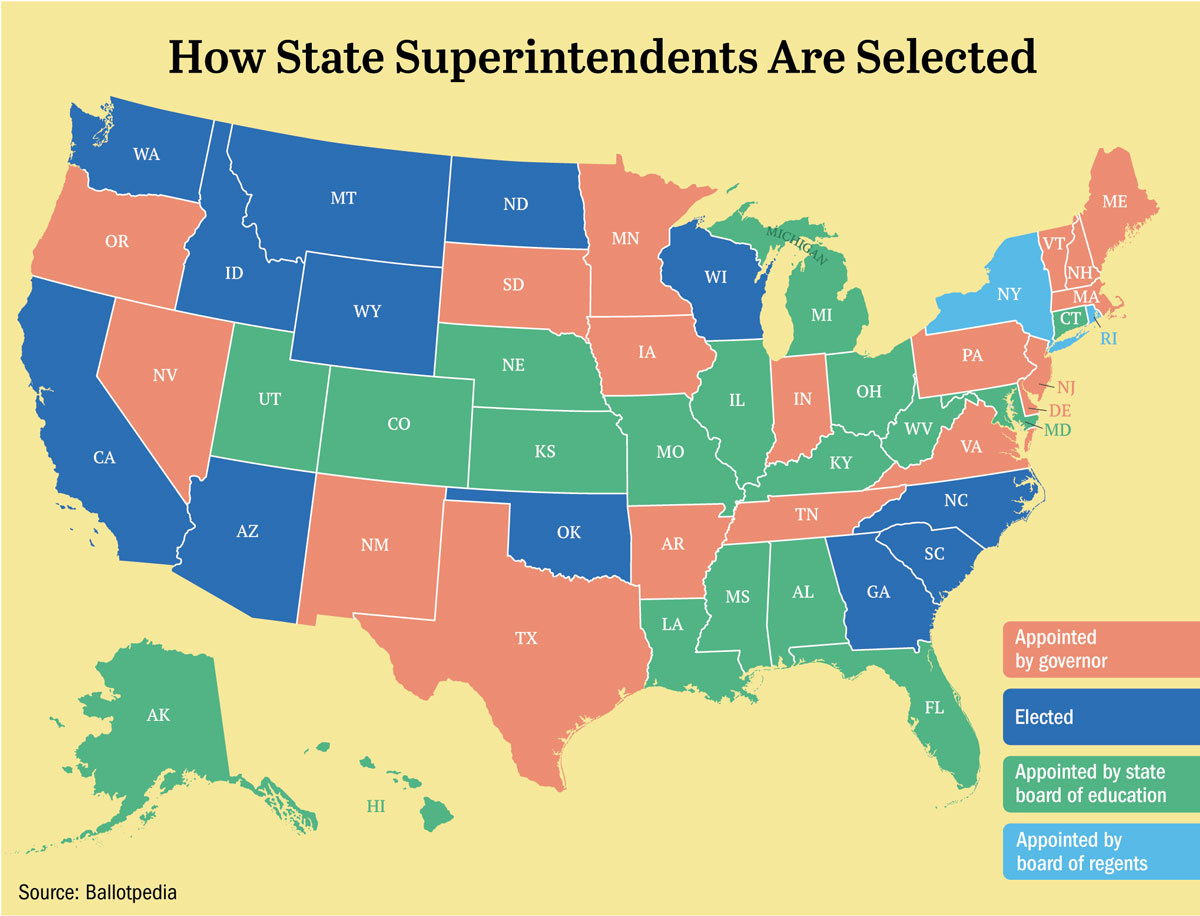SCROLL DOWN TO READ THE POST
We Are the Ants
 We Are the Ants, Shaun David Hutchinson
We Are the Ants, Shaun David Hutchinson
Simon Pulse, January 2016
Reviewed from final copy
Have aliens been abducting Henry Denton since he was thirteen? Or has he been suffering from mental illness? Some days I believe the former; other days, the latter. But does it really matter?
Probably not.
We Are the Ants is about much more than the end of the world (although those doomsday scenarios were highly entertaining). Shaun David Hutchinson uses science fiction elements to get at themes that are highly realistic: grief, guilt, love, nihilism… actually, this book is packed with ideas and Hutchinson weaves them through a story in which the protagonist is largely passive.
Henry Denton is still grieving months his boyfriend committed suicide. This, plus his chaotic family life, dealing with bullies at school on a daily basis, and a closeted hookup who happens to be one of his tormenters, all lead Henry to believe that life is pointless. So if aliens give him a big red button that will save the world, he’d rather let the world end. All he has to do is wait until January 29, 2016 and nothing will matter for anyone.
ADVERTISEMENT
ADVERTISEMENT
This is a character defined by passivity. Unlike his deceased boyfriend, Jesse, he’s not actively choosing to die; Henry simply doesn’t care to live. For most of the novel, things happen to him. Protagonists often have to take action to effect change and move their story forward. Henry’s character arc takes him from grief and an indifference to the fate of mankind, to love and wanting to make each day matter. This is one of the many things in this book I can’t stop thinking about. The central dilemma of the end of the world and Henry’s role in it looms over the story, allowing the subtle shift in his attitude. It happens with the help of people who love him and the passing of time. That’s how real life works for most of us. The cliché is “time heals all wounds,” right? Hutchinson shows that process happening and it feels dynamic and interesting because his voice is so clear and the characters are fully-formed.
Henry is purposefully telling his story with a specific audience in mind. He has to earn at least a B in chemistry if he wants to take physics next year. So his chemistry teacher, Ms. Faraci, gives him an extra credit project: “Just give me something I can slap a grade on” (140). At this point we realize the book is his extra credit.*
Henry’s voice is bleak yet funny, profane but sensitive, hopeful and afraid. Hutchinson skillfully brings all of these emotions into Henry’s voice, creating an authentic narrator who is simultaneously sympathetic and opaque. Occasionally the dialogue for and with other characters veers into cliché—scenes with Henry’s grandmother or mother are particularly prone to this—but overall Hutchinson’s command of voice is consistent and well-done.
As Henry’s dreamboat, cinnamon roll of a friend/boyfriend, Diego’s dialogue is sometimes predictably perfect (and as a character he’s perhaps perfectly flawed as well). However, Diego’s tumultuous family history and descriptions of his artwork hint at a full life that exists just beyond the pages. Marcus, Audrey, and even Jesse are characters who seem like they could be the protagonist in their own novels. Hutchinson does just enough with the rest so that they’re not flat, but they stick to predictable beats.
This isn’t a huge problem for the book though, because we see everyone through Henry’s eyes, and therefore they function like spokes on a wheel in which Henry’s the center. He asks almost all of the people in his life what they would do if they knew the world was going to end and they had the power to save it. Their answers are revealing—Henry’s mother shares his indifference, while Diego only wants Henry to want to save the world, and his brother’s girlfriend is concerned that he would even have to ask.
ADVERTISEMENT
ADVERTISEMENT
All of these characters and their answers contribute to Henry’s development. However, another influence on his thinking is his extra credit exploration of dark matter, gravity, and other forces in the universe. Hutchinson plants much of his thesis in the paragraphs that are dedicated to these topics. By the end of the novel, Henry believes that even though nothing matters in the end, that doesn’t mean our lives don’t matter right now. As far as plot is concerned, the story of this novel is how an indifferent young man accepts that life is hard work and ultimately chooses to live anyway. He chooses to love and fight for a relationship that’s worth it otherwise life would truly be meaningless. Diego gives Henry advice that becomes a motif which will return at the end of the book:
“My counselor used to tell me that we remember the past, live in the present, and write the future. Even if the world ends next month or in a million years, we can still write our future Henry” (319).
It’s ambiguous if Henry will get a chance to push the button to save the world before January 29, 2016. But given Henry’s new attitude and outlook does it really matter?
Not at all. That open ending is exactly the point.
There’s so much to discuss here. I didn’t even get to Henry’s grandmother, Alzheimer’s, and memory, or his emotionally and physically abusive relationship with Marcus. And the various doomsday scenes! Did you all catch the reference to another apocalyptically themed YA novel? If you couldn’t already tell, I think this one is worth serious Printz consideration, but what about you?
*I recommended We Are the Ants for my school’s summer reading list and during the book circle discussion with students who read it, there was debate about whether his extra credit is, in fact, the entire book, or just the doomsday scenes and the framing sections. One student pointed out that all of those sections have the same triangular vector lines over the chapter titles. I’d be completely convinced by this argument if it weren’t for one line in the last chapter where Henry states that the paper has included, “a journal recounting the last 144 days of my life” (449). I think the student’s theory is sound though and I’d love to hear other thoughts about this.
Filed under: Books to look for, Contenders, Fiction
About Joy Piedmont
Joy Piedmont is a librarian and technology integrator at LREI - Little Red School House & Elisabeth Irwin High School. Prior to becoming a librarian, Joy reviewed and reported for Entertainment Weekly’s PopWatch. She reviews for SLJ and is the President of the Hudson Valley Library Association. When she’s not reading or writing about YA literature, she’s compulsively consuming culture of all kinds, learning to fly (on a trapeze), and taking naps with her cat, Oliver. Find her on Twitter @InquiringJoy, email her at joy dot piedmont at gmail dot com, or follow her on Tumblr. Her opinions do not reflect the attitudes or opinions of SLJ, LREI, HVLA or any other initialisms with which she is affiliated.
ADVERTISEMENT
SLJ Blog Network
2024 Books from Pura Belpré Winners
In Memorium: The Great Étienne Delessert Passes Away
Winnie-The-Pooh | Review
Finding My Own Team Canteen, a cover reveal and guest post by Amalie Jahn
The Classroom Bookshelf is Moving
ADVERTISEMENT
ADVERTISEMENT

